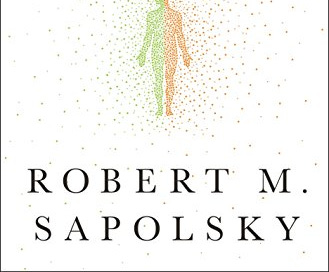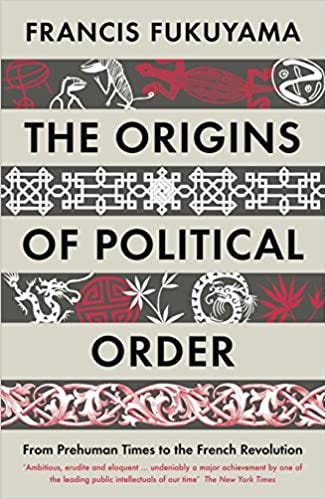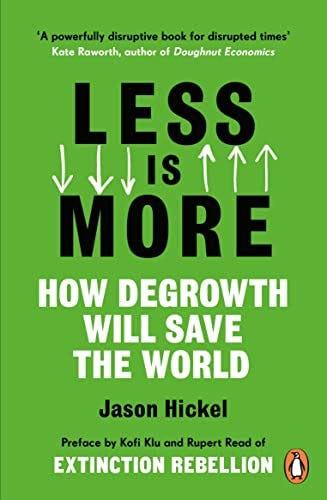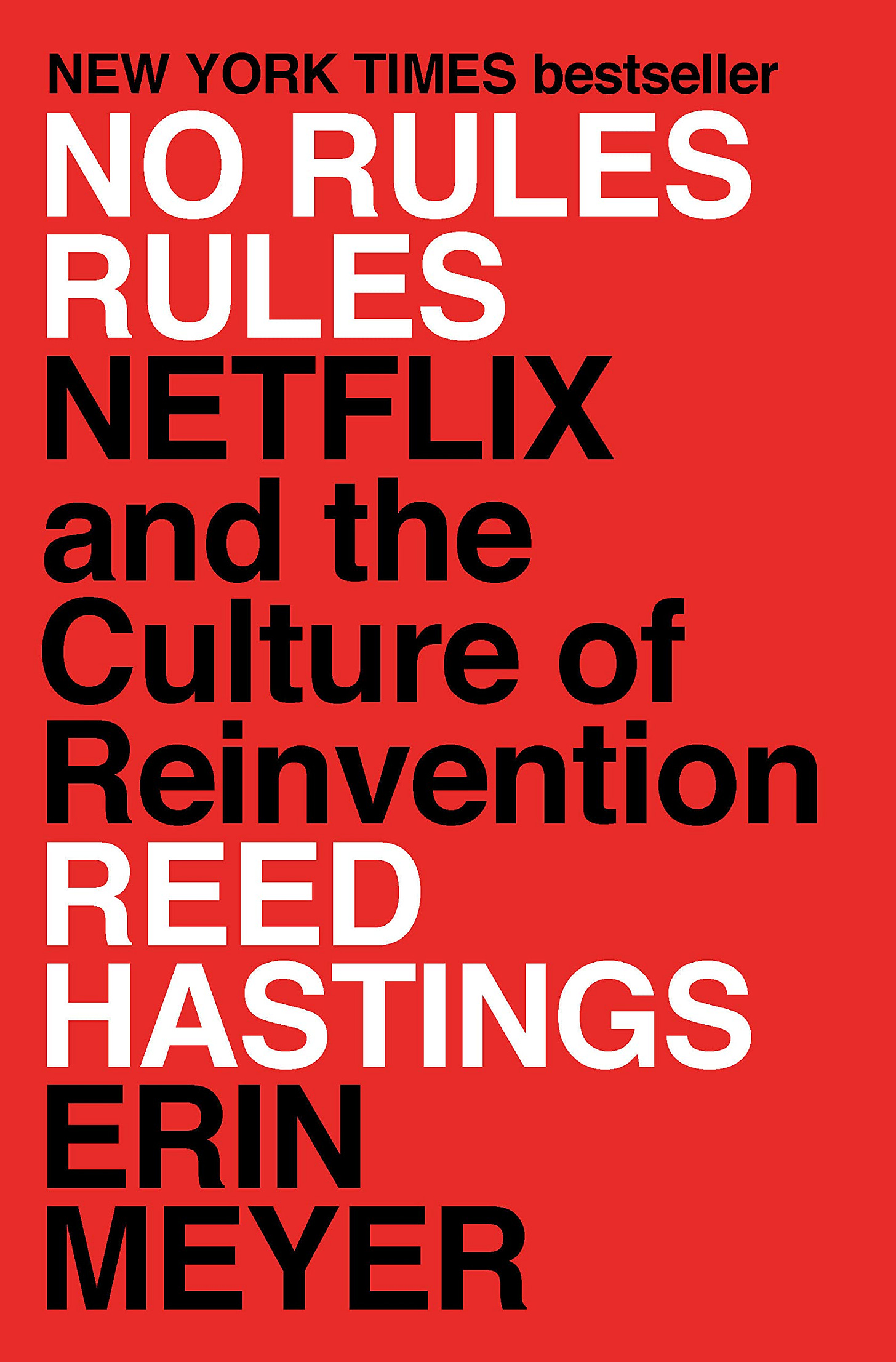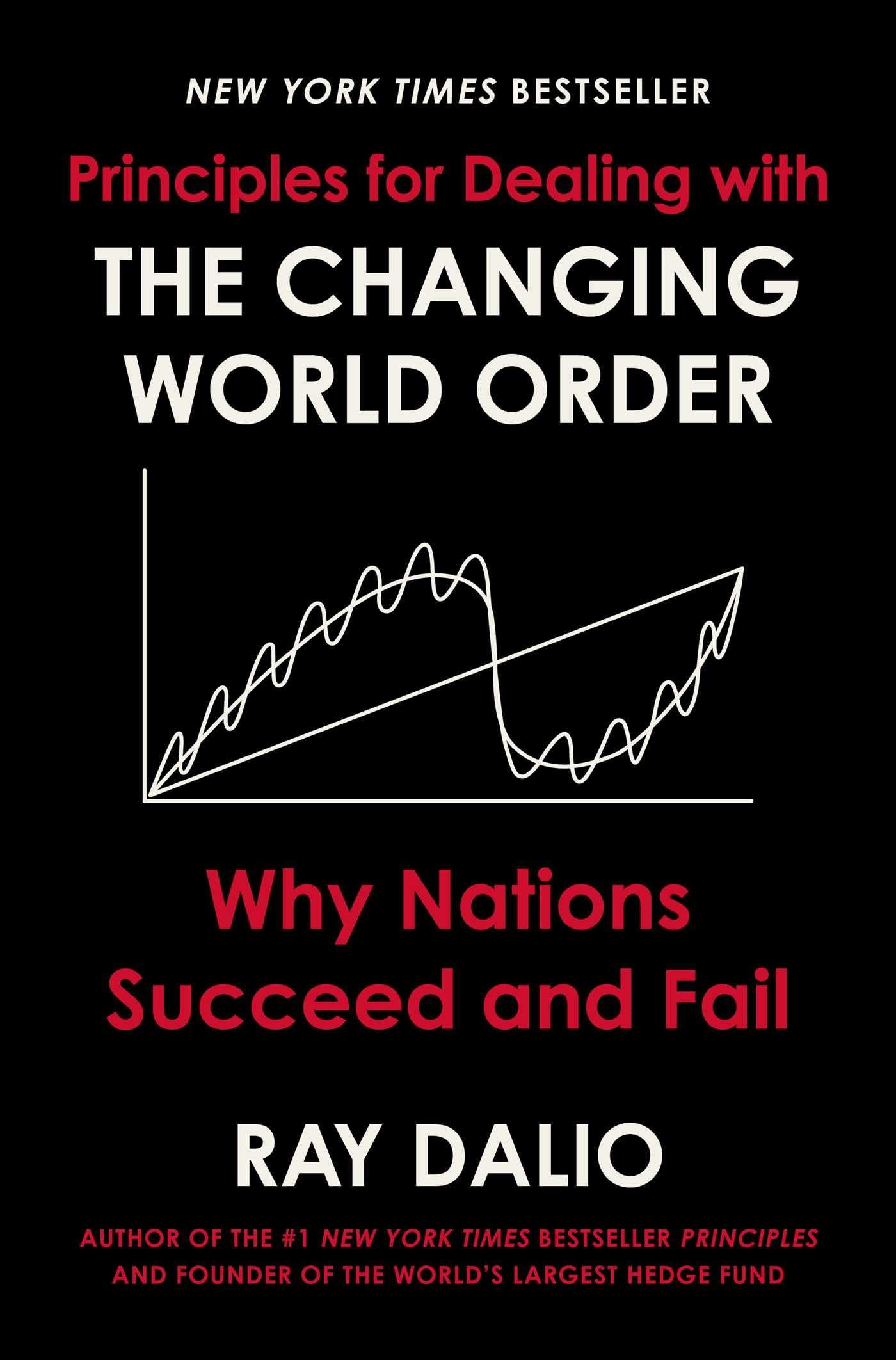Hello readers,
This piece is as delayed as the cab you booked 37 mins ago. I was supposed to publish this in July but I ended up traveling to London and somehow this got delayed.
It’s always such a pleasure to learn from the brightest minds. Coming in contact with ideas that change your worldview is delightful in a way that I can’t even describe. The only thing that tops this is to discuss these ideas with other thinkers who also seem to have the same curious drive and want to understand the world in a deeper manner.
I’ve always believed that books are a great source of wisdom and are one of the best ways to feed one’s curiosity. It only makes sense to share some book recommendations from the first half of this year, because it’s been a while since I last did that.
You can read some of the top ones from 2021 here. That’s a really interesting+diverse set and I’m certainly planning to re-read a few of them down the line.
And if you didn’t know this, even we launched our new book ‘Think Like The Minimalist’ recently, and it has been a real pleasure putting down our ideas and creative techniques and open-source them for the creative, marketing & design community.
So, without further ado, here’s a nice set of non-fiction recommendations (fiction will also be covered soon):
Behave by Robert Sapolsky
This 700-page leviathan is an immensely illuminating book that explains much about our brains, development and behaviours in quite an accessible and humorous manner. This is by far the biggest NF book I’ve read and the effort was totally worth it. Essentially, the author tries to look at human behaviours and tries to show us the wide variety of factors that influenced it at various points in time: from neurotransmitters just a few seconds before and hormones a few days ago to the evolutionary dictates that developed millions of years ago.
Through the journey, the author uses the latest research to answer many interesting questions: why do adolescents behave so recklessly? How do the propagandists hack our brains and trick us into murdering innocent humans? Which childhood experiences predict depression and violence during adulthood? Does it seem like we have free will? (I summarised his ideas on the last question in a recent post). Entertaining and enlightening, this book should definitely be a priority if you want to decode how we, modern monkeys, behave.The Origins of Political Order by Francis Fukuyama
Another long but fascinating read, Fukuyama’s most famous book is an attempt to understand how our political institutions (that we take for granted) have emerged over time. In doing so, we also have to go through the underlying principles of human biology and understand how it guides our behaviours, which ultimately leads to the social structures we create to organise societies. Building on that, the author analyses the ascent from nomadic bands to tribes to finally states. But the emergence of massive, coordinated kingdoms was not natural at all. So what provoked their formation? The threat of external violence and/or diseases created the need for a leader who’d marshall the tribe and get the group out of the quandary, probably.
From there, we see the various paths that ancient empires like China, India, and Europe took and what factors enabled the former to turn into an authoritarian state while the latter emerged as a democracy. Covering biology, anthropology, history and political ideas, this book is highly recommended if you want to understand how different political ideas emerged and succeeded/failed over time.Less Is More by Jason Hickel
This is an important+urgent read on how our drive for endless growth is destroying the planet and how the rich, Western nations immediately need to adopt the idea of degrowth if we want to have a fighting chance of avoiding climate disaster. Written by an ecological economist, this book blends ideas from various disciplines: ecology, history, economics, and philosophy to propose a bold but important solution. I’ve already summarised some of the ideas in two posts- here and here. Please consider reading this or at least the mentioned summaries so you can think deeply about these issues and incorporate changes in your own lifestyle to improve the state of the planet. The idea of degrowth has received some criticism, but it doesn’t mean you shouldn’t consider the important points the author has to make.No Rules Rules by Erin Meyer and Reed Hastings
Excellent read. The hype about Netflix's culture is real and this is a fantastic playbook that defines just how Reed Hastings and his team have built such a unique, unconventional way of working. The ideas are so trend-defying that they almost feel unreal, but then this information has been ratified by various accounts of current and ex-employees and analyzed in-depth by business professor Erin Meyer.
This is a very thought-provoking read on how one can build a culture of freedom and responsibility in any organization. The only criticism I have is that it can make you feel really dumb and inadequate- that is how utopian their practices seem. But it does demonstrate how so many of us in the world of business can learn by unlearning. Short summary of the key ideas coming up soon.Changing World Order by Ray Dalio
A wise man once said: "Hard times create strong men. Strong men create good times. Good times create weak men. And, weak men create hard times." That’s exactly what this new book is about. It contains useful principles for the times we're living in so we can grasp what the world is going through and where it is headed. Read this if you want to understand:
- The history of the rise and fall of dominant world empires
- The reasons that led to these cycles and how they keep repeating over time
- The three big cycles that we should be watching to know where we are
- And most importantly, what it means for your investments and how you should prepare for worst-case scenarios
That’s it for today, folks. I hope you consider reading some of these and delight in the revelations that they bring. I’d love to hear about your favourite reads too- please send them across by responding to this email. And if you’re reading this on a browser, get onto the email list already!
Enjoyed the article? Here are some other popular ones you might want to check out:

